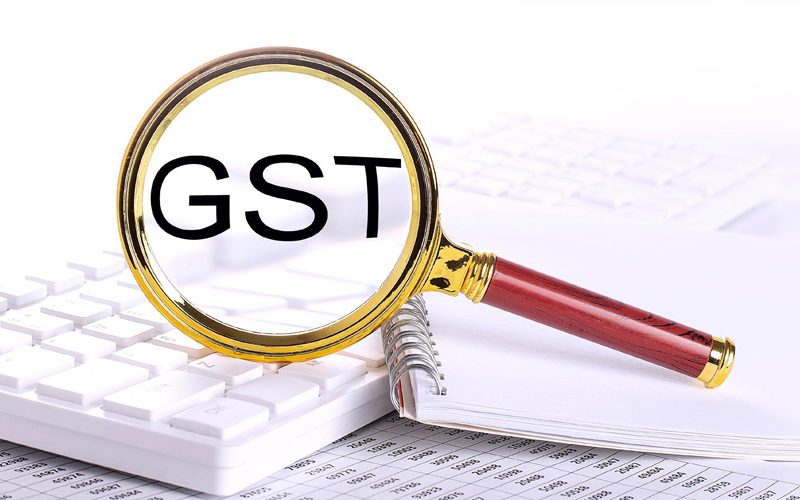Government Detects Rs 824.14 Crore GST Evasion by Crypto Exchanges, Recovers Only Rs 122.29 Crore
The government has uncovered Goods and Services Tax (GST) evasion worth Rs 824.14 crore by several crypto exchanges, including Binance, WazirX, CoinDCX, and CoinSwitch Kuber. However, only Rs 122.29 crore has been recovered so far, including interest and penalties, according to a written statement by Minister of State for Finance Pankaj Chaudhary in Parliament on Monday.
The Binance group company, M/s Nest Services Limited, was identified as the largest violator, accounting for Rs 722.43 crore of the total evasion. The finance ministry has yet to recover any amount from this entity.
GST Recoveries from Other Exchanges
WazirX, operated by M/s Zanmai Labs Pvt. Ltd, evaded Rs 40.51 crore in GST, of which Rs 49.18 crore has been recovered, including penalties and interest. Similarly, CoinDCX evaded Rs 16.84 crore, and the government has recovered Rs 20.86 crore. CoinSwitch Kuber, which evaded Rs 14.13 crore, has paid Rs 19.38 crore.
Regulatory Oversight Intensifies
The finance ministry also disclosed that 47 Virtual Digital Asset Service Providers (VDA SPs) are now registered as reporting entities with the Financial Intelligence Unit-India (FIU-IND) under the Prevention of Money Laundering Act (PMLA), 2002. This move aims to tighten regulatory scrutiny and enforce compliance with anti-money laundering standards, including Know Your Customer (KYC) requirements.
Since March 2023, crypto assets have been brought under the PMLA, further strengthening oversight of cryptocurrency transactions. Income from cryptocurrency is taxed at a flat rate of 30%, with an additional 1% tax deducted at source (TDS) on transactions exceeding Rs 50,000 annually.
Lack of Clear Definitions and High GST Rate
The current GST framework lacks specific definitions for “crypto” or “digital assets.” Instead, they are classified as “Virtual Digital Assets” (VDAs) under Section 2(47A) of the Income Tax Act. For GST purposes, the HSN code 960899, covering “other miscellaneous articles,” is applied at an 18% GST rate. Liability for GST applies only to entities with annual turnover exceeding Rs 40 lakh or those voluntarily registered.
Government Skepticism on Cryptocurrencies
The regulatory and financial challenges posed by cryptocurrencies have led to skepticism among policymakers. Two weeks ago, M Nagaraju, Secretary of the Department of Financial Services, reiterated concerns raised by the Reserve Bank of India (RBI), emphasizing the need for caution. Speaking at the State Bank of India Economic Conclave, Nagaraju remarked, “I am very skeptical of cryptocurrency. RBI is also very careful on that. We need to be very careful.”
Last month, RBI Governor Shaktikanta Das, speaking at a conference in the United States, warned of the risks cryptocurrencies pose to financial and monetary stability. He highlighted the potential for such assets to undermine central banks’ control over the money supply.
Evolving Regulatory Landscape
While India continues to tighten its regulatory framework for cryptocurrencies, the lack of a dedicated HSN code and specific GST provisions for digital assets adds to the complexity. The introduction of the term “Virtual Digital Assets” in the finance budget is a step toward providing clarity, but gaps remain.
The government’s limited recovery of Rs 122.29 crore out of Rs 824.14 crore in GST evasion highlights the challenges in enforcing tax compliance in the fast-evolving cryptocurrency industry. As scrutiny increases, exchanges and service providers will likely face greater regulatory pressure to ensure compliance.
